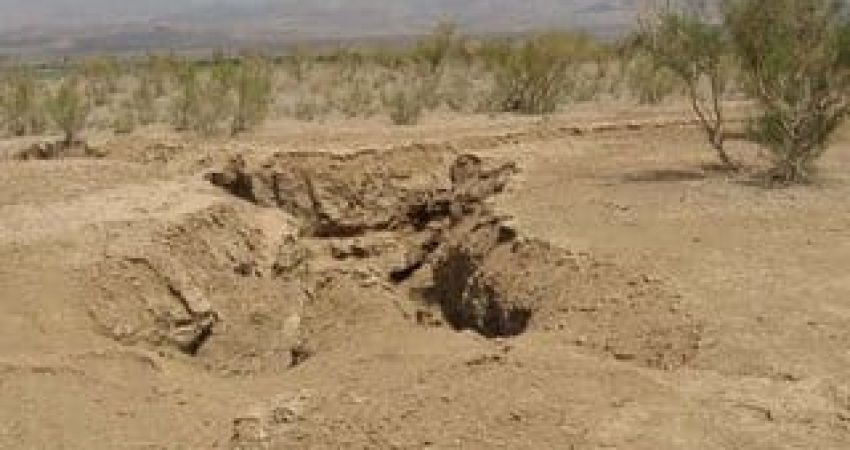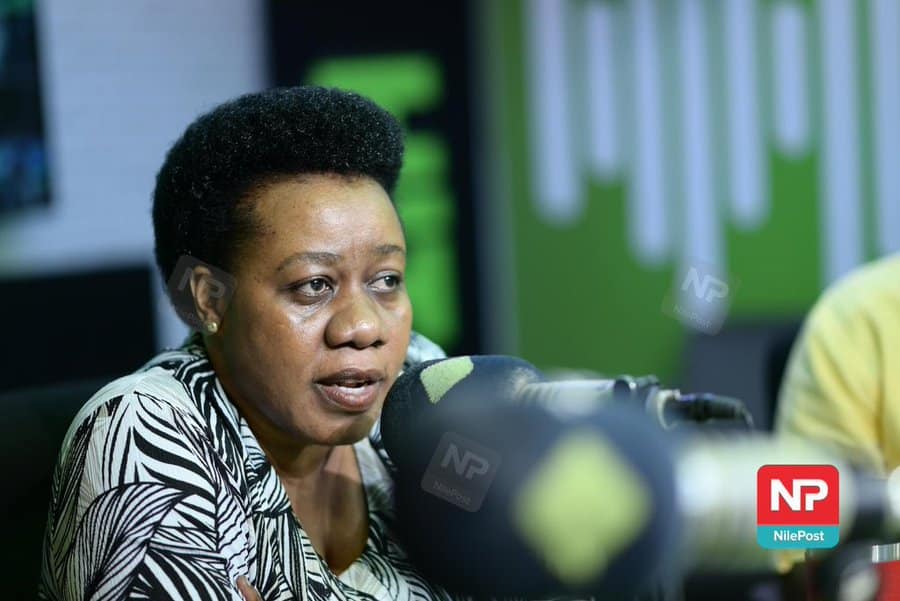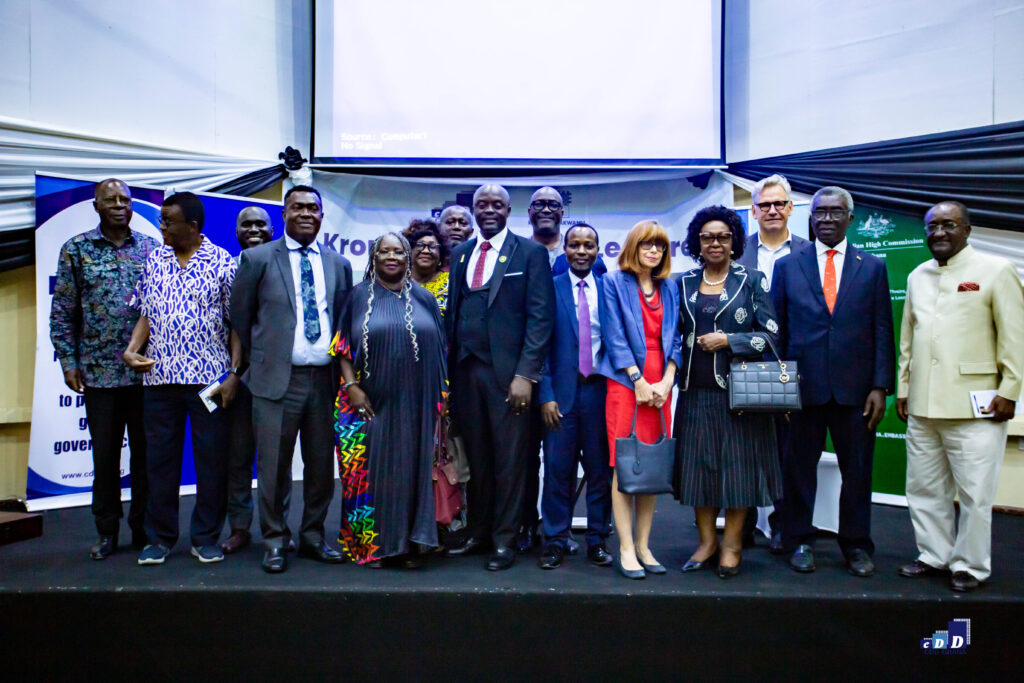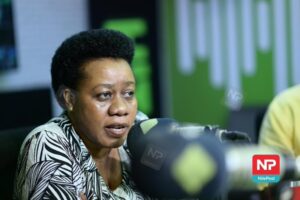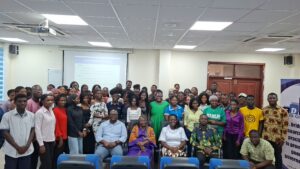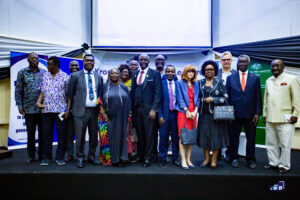Boundaries define a country’s border and inform its border management strategies. An effective and proper boundary demarcation defines the area of a country’s jurisdiction, sovereignty, and the geographical scope of its security operations and relationship with other countries. In the political realm, boundaries are referred to as borders. In international politics, for example, boundaries are recognized as demarcations that separate the space between two countries and define a country’s sovereign jurisdiction and control. In essence, the boundary serves to represent the area of space over which a government has sovereignty. An important factor of boundary demarcation is to facilitate proper border management and enforcement of a country’s policies, including emergency policies such as those introduced with the outbreak of the COVID-19 pandemic.
The importance of borders makes it imperative for countries to provide clear demarcations of their boundaries. However, in Africa, and especially in Ghana, clear border demarcations that give proper delineation of countries and their jurisdiction, and that will facilitate effective border management has become a mirage. There are no pillars on borderlines and the social ties (at most border communities, residents in one country have family ties with residents across the borders. They organize funerals and other social events together, and sometimes they bury their dead relatives across borders) among residents of border communities easily facilitate and enhance both legal and illegal cross-border activities. The limited number of security personnel deployed to secure the borders pose a challenge to effective and frequent patrols. Ghana’s land boundaries with its neighboring countries were demarcated with concrete pillars. Over time, most of the pillars have been removed and others destroyed. In some border areas, it is difficult to identify the boundaries between two countries. This is the case of Massaikrom, a farming community in the Bia East district of the Western North Region of Ghana.
This piece will highlight the challenges of Ghana’s boundary demarcations and the impact of that on effective border management, with regard to the enforcement of national policies and decisions, using Massaikrom as a reference point.
There are two different border towns called Massaikrom. One is located in Ghana and the other is located in Cote d’Ivoire. The demarcation between these two towns is an eroded pathway caused by rainfall. According to the residents, both towns used to be one community and was founded by one Nana Massai, a Ghanaian farmer who first settled in the area. There were previously no inhabitants in the said area and the place was virtually ‘unknown’ by both Ghana and Cote d’Ivoire authorities. With time, Massaikrom became a market hub with traders from both countries trouping there to trade on market days. Through that, the currency market also blossomed and people started putting up shops for commercial trading. The developments generated interest from both governments who then deployed border security officials to secure and protect their territories. The only sign that could help demarcate the two towns was the big trench that had been caused by the rains which, therefore, became a ‘natural boundary’ and was mutually recognized as such by the security officials from both sides. However, even after recognizing that Massaikrom fell under two different jurisdictions, the residents still lived as one community. Most of the youth from Ghana rent their rooms on the Cote d’Ivoire side because they have stable electricity and improved social amenities. They also access health care across the border, intermarriages are common in the area, and they speak a common language. Hajia is a Ghanaian food vendor, she prepares her food in her house in Ghana Massaikrom and sells it at her eatry located in Cote d’Ivoire Massaikrom.
In this situation, how able and effective could national policies and decisions affecting the borders be enforced? The case of Massaikrom cuts across most of the land border communities in Ghana. A recent survey by the Ghana Center for Democratic Development (CDD-Ghana) on border security revealed that almost all farms situated along the borders serve as entry routes to neighboring countries. In my interaction with a customs officer at one of the borders, I wanted to know the types of goods that are mostly smuggled or traded across the border, and I specifically asked whether fertilizer was one of them. “It is difficult to determine if a farmer is smuggling fertilizers across the borders because they have their farms across the borders…the use of fertilizers on farms is legal, and the government approves of that, and sometimes subsidizes for them, so how can I arrest a farmer who transports fertilizer to his farm?” He asked. “The difficulty is being able to identify who is actually going to the farm and if the fertilizer is going to be used there. Don’t forget the same residents also facilitate illegal cross-border businesses,” he added.
Going forward
The write-up does not offer full-proof solutions to the challenges of boundary demarcations and border management but it makes three recommendations that could help improve the management of the borders in the short term. It also comments on the policies of the Ghana government and the Economic Community of West African States (ECOWAS) that are being implemented to help solve the challenges surrounding international boundaries in the long term.
Short term
In the interim, Ghana should take steps to manage the situation at the borders so that policies and decisions could be effectively enforced, reduce cross-border crimes, and help the country realize maximum benefits from cross-border activities.
- Improve logistics supply to the security agencies who are deployed to the borders. Most of the unapproved routes are only accessible by use of motorbikes, and specially made cross-country robust vehicles. It is recommended that, at least, major commercial border districts, that have more unapproved routes, must be supported to acquire these logistics. Again, it is highly recommended that the policy that permits the Ghana Immigration Service (GIS) to use weapons on duty at the border posts be implemented, especially with the surging threats of violent extremist actions, and terrorism.
- Increase personnel deployed to secure the border posts. Data received from the GIS in 2020 indicated that Ghana had over 196 border entry points, including both approved and unapproved. The GIS further indicated that unapproved borders are created every day. One GIS officer said, “when we detect one unapproved border and mount patrol, they create three in response”. This means that more border security personnel are needed to be able to patrol and control the borders. The country should also consider other modern gadgets that would support surveillance at the borders to support the limited number of personnel.
- Finally, motivating the security officers posted to the remote border posts must be integrated into Ghana’s border management policies. CDD-Ghana’s recent field survey at the border communities revealed some deplorable conditions under which the officers live and operate. Apart from the fact that the communities lack standard basic amenities, the security duty posts also lack facilities that support standard human living.
Long term
- The Ghana Boundary’s Commission
The Ghana Boundaries Commission was established by Act 795 in 2010 but was dormant until it was reconstituted in 2020 with a renewed mandate to “determine, demarcate, and delimit Ghana’s borders; as well as settle boundary disputes in accordance with acceptable principles of national laws and good neighborliness”. Since its reconstitution, the Commission has met with its counterparts in other countries and developed mechanisms to settle boundary disputes, and also set up joint committees to reaffirm Ghana boundaries. The renewed interest by the authorities in boundary issues is commendable but they should continue to resource the Commission to sustain the efforts and enable them to work effectively and efficiently.
- AU Border Management Program
The African Union Border Program (AUBP) was established in 2007 with the objective to strengthen structural conflict prevention capabilities that arise from disagreements on borderlines among the member States. The AUBP is supporting Ghana and Togo to solve conflicts around their borders. Currently, the AUBP is financing the erection of at least, 50 pillars along the Togo-Ghana borders. The exercise was expected to start on May 12, 2022, and end on May 28, 2022. The AUBP must extend this support to all its member States. In addition, the AUBP must set up joint boundary dispute resolution committees among member States for expedient but professional resolution of disputes among the member States arising from boundary demarcations.
_________________________________________________________________________________
This research is made possible with funding from the European Union through the EU Emergency Trust Fund for Africa (EUTF), within the framework of the Strengthening Border Security in Ghana (SBS Ghana) project being implemented by the International Centre for Migration Policy Development (ICMPD).
The contents of this publication is the sole responsibility of CDD-Ghana and do not reflect the views of the European Union.
_________________________________________________________________________________
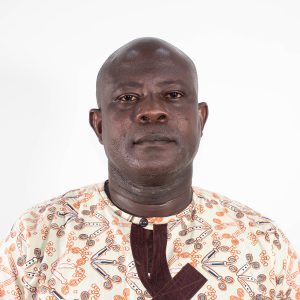
Nana Kwabena Aborampah Mensah is a Programs Manager with the Ghana Center for Democratic Development (CDD-Ghana). He is the Team Lead for two of the Center’s programs – Security Sector Governance as well as Local and Urban Governance. His recent focus has been on the sub-regional peace with concerns about the enunciating nature of terrorism and violent extremism.


